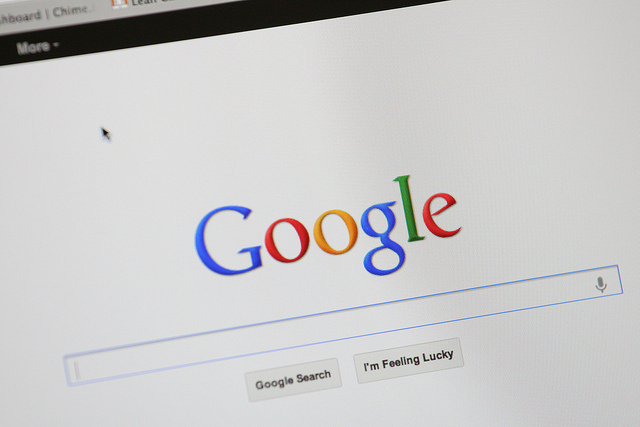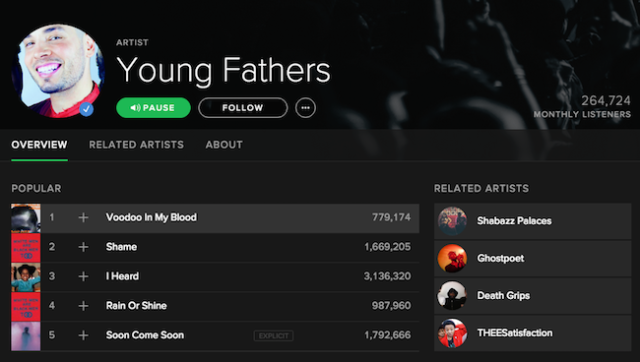
(credit: Aleksander Markin)
Google has yet another enemy in Europe, after Getty Images formally complained to Brussels' antitrust officials about the multinational's alleged anti-competitive behaviour.
Getty has flagged up concerns about Google's use of "scraped third party imagery" on its search engine.
A spokesperson at competition commissioner Margrethe Vestager's office told Ars: "The commission has received a complaint, which it will assess."








